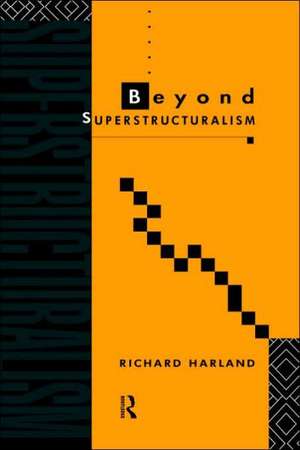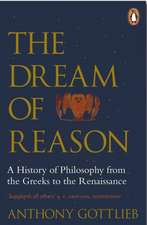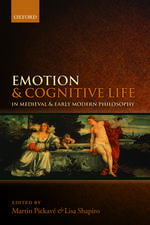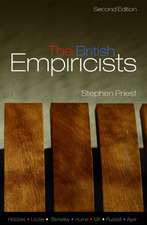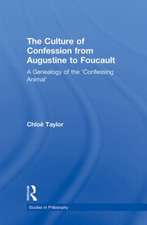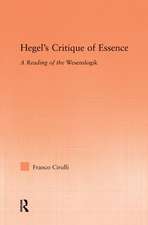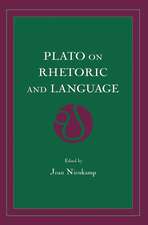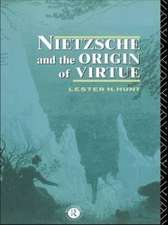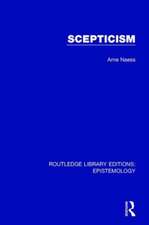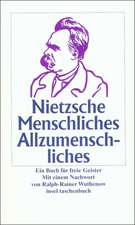Beyond Superstructuralism
Autor Richard Harlanden Limba Engleză Paperback – 8 iul 1993
| Toate formatele și edițiile | Preț | Express |
|---|---|---|
| Paperback (1) | 461.87 lei 6-8 săpt. | |
| Taylor & Francis – 8 iul 1993 | 461.87 lei 6-8 săpt. | |
| Hardback (1) | 1330.16 lei 6-8 săpt. | |
| Taylor & Francis – 8 iul 1993 | 1330.16 lei 6-8 săpt. |
Preț: 461.87 lei
Preț vechi: 543.38 lei
-15% Nou
Puncte Express: 693
Preț estimativ în valută:
88.39€ • 91.31$ • 73.56£
88.39€ • 91.31$ • 73.56£
Carte tipărită la comandă
Livrare economică 25 martie-08 aprilie
Preluare comenzi: 021 569.72.76
Specificații
ISBN-13: 9780415063593
ISBN-10: 0415063590
Pagini: 272
Ilustrații: 1
Dimensiuni: 156 x 234 x 14 mm
Greutate: 0.48 kg
Ediția:New.
Editura: Taylor & Francis
Colecția Routledge
Locul publicării:Oxford, United Kingdom
ISBN-10: 0415063590
Pagini: 272
Ilustrații: 1
Dimensiuni: 156 x 234 x 14 mm
Greutate: 0.48 kg
Ediția:New.
Editura: Taylor & Francis
Colecția Routledge
Locul publicării:Oxford, United Kingdom
Cuprins
Preface, PART I The limits of Superstructuralism, PART II A theory of the syntagm, PART III Syntagmatic theory and philosophy, PART IV Syntagmatic theory and linguistics, PART V Syntagmatic theory and literature, PART VI Syntagmatic theory and textual interpretation, Conclusion, Notes, Bibliography, Index
Descriere
Covers "post-Chomskyan" linguistics and Derrida, and develops a new syntagmatic theory opposing analytic and speech-act views of language. By presenting a systematic critique and counter-proposal, Harland challenges the very foundation of recent literary and language-based theory.
